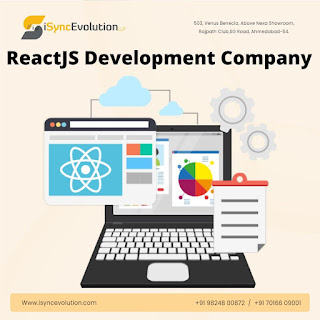Grasping Model-View-Controller
CakePHP follows the MVC programming configuration design. Programming utilizing MVC isolates your application into three primary parts:
The Model addresses the application information.
The View delivers a show of model information.
The Controller
handles and courses demands made by the client.
A Basic MVC Request
Figure: 1 shows an illustration of a stripped down MVC demand in CakePHP. To outline, expect a client named "Ricardo" to have just tapped on the "Purchase A Custom Cake Now!" connect on your application's landing page.
> Ricardo taps the connection, highlighting http://www.example.com/cakes/purchase, and his program makes a solicitation to your web server.
> The dispatcher actually looks at the solicitation URL (/cakes/purchase), and hands the solicitation to the right regulator.
> The regulator performs an application with explicit rationale. For instance, it might verify whether Ricardo has signed in.
> The regulator additionally utilizes models to get close enough to the application's information. Models typically address data set tables, but they could likewise address LDAP sections, RSS channels, or records on the framework. In this model, the regulator utilizes a model to get Ricardo's last buys from the data set.
> When the regulator has done something amazing for the information, it hands it to a view. The view takes this information and prepares it for presentation to the client. Sees in CakePHP service are typically in HTML design, however a view could straightforwardly be a PDF, XML record, or JSON object contingent upon your requirements.
> When the view has utilized the information from the regulator to fabricate a completely delivered view, the substance of that view is gotten back to Ricardo's program.
> Pretty much
every solicitation for your application will follow this fundamental example.
We'll add a few subtleties later on that are intended for the CakePHP
development framework, so remember this as we continue.
Benefits
Why use MVC? since
it is a dependable programming configuration design that transforms an
application into a viable, particular, quickly created bundle. Creating
application errands into isolated models, perspectives, and regulators makes
your application extremely light on its feet. New elements are handily added,
and new faces for old highlights are a simple task. The particular and separate
plan likewise permits engineers and fashioners to work at the same time,
including the capacity to quickly model. Division additionally permits
engineers to make changes in a single piece of the application without
influencing others.
Assuming you've
never fabricated an application along these lines, it requires some investment
to become accustomed to. However, we're sure that once you've constructed your
most memorable application utilizing the CakePHP framework, you won't have any desire to do it differently.

Comments
Post a Comment